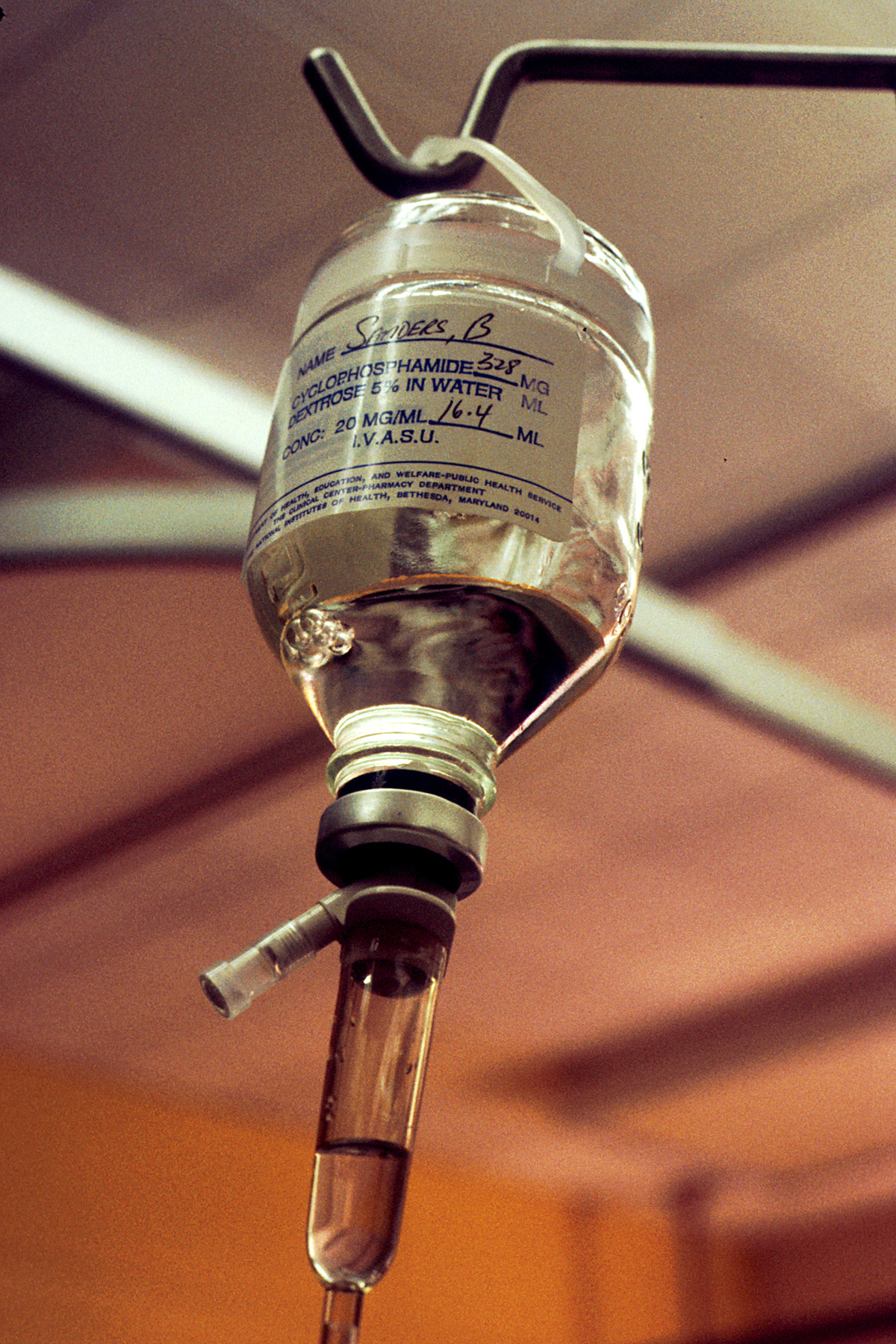
Drug addiction is a complex braindisease brought on by the prolonged effect of drugs on brain functioning. Itstarts out of a person’s free will, but with time, the individual is no longerable to control their desire and drug craving. Many of the brain circuitsare affected by addiction, like those associated with motivation, learning,memory and control, and since drug abuse has an impact on many aspects ofperson’s life, the treatment is quite complex. It is focused on gettingthe individual’s life back on track, which includes the discontinuation of drugabuse and reintegration into family and social life.
Fundamentals of EffectiveTreatment
There are some principles thatmust be taken into consideration regarding the effective treatment. First,addiction is a complex curable brain disease, affecting the functioning of thebrain and individual’s behavior, and there is no universal treatment applicableto everyone, what is why individual approach is essential. Furthermore,effective treatment does not imply the consent of the person being treated.Drug abuse is not the only need the treatment has to address, and thetherapists should keep in mind that people abusing drugs may also suffer fromother mental disorders. Individual and/or group counseling combined withmedication is the most effective approach. Detoxification is just the firststep, and the person treated should stay in treatment for the required period.Relapses are possible so monitoring and modifying of the individual treatmentplan are necessary. Finally, patients should be tested for infections such asHIV, hepatitis B and C and others, followed by counseling aiding the person tochange their risk behavior.
Medication
Successful treatment implies theuse of medications in the initial stages. They are used for detoxification,making withdrawal symptoms less severe and relapse prevention, but this shouldbe accompanied with behavioral therapy that would change the acquired habitsand lead to long-term results. Not providing further treatment afterdetoxification has the same effects as not treating the person at all.Medication is used to recover normal brain function and controlcraving. Medication is available for different substance abuse likenicotine, alcohol and different opioids, and since most people with drugaddiction use more than one substance they are required to receive treatmentfor all these substances.
Behavioral Treatments
Behavioral therapy focuses on theinvolvement of patient in the process of treatment, changes of their behaviorand attitudes associated with drug abuse and promotion of healthylifestyle. Different behavioral approaches are available to patientstreated for drug addiction, and they include family therapy, especially in thecase of adolescent drug abusers, where the treatment focuses on identifying thecauses of addiction and improving family functioning. Another approach iscognitive-behavioral therapy, aiding the patient to identify, avoid and dealwith circumstances which would prompt them to take drugs. The technique ofmotivational interviewing relies on the willingness of the person to changetheir behavior and start the treatment, while motivational incentive techniquesare based on the encouragement of individual to abstain fromdrugs. Outpatient and residential treatment are possible, the latter beingaimed at those faced with more severe problems.


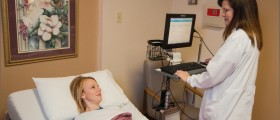
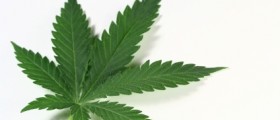

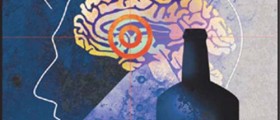
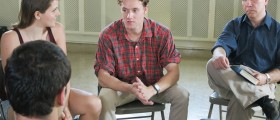
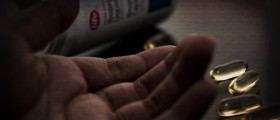

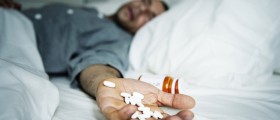
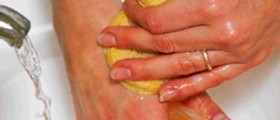


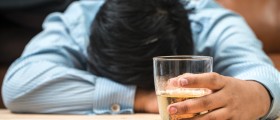
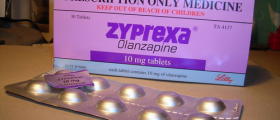
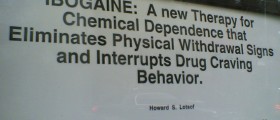
Your thoughts on this
Loading...